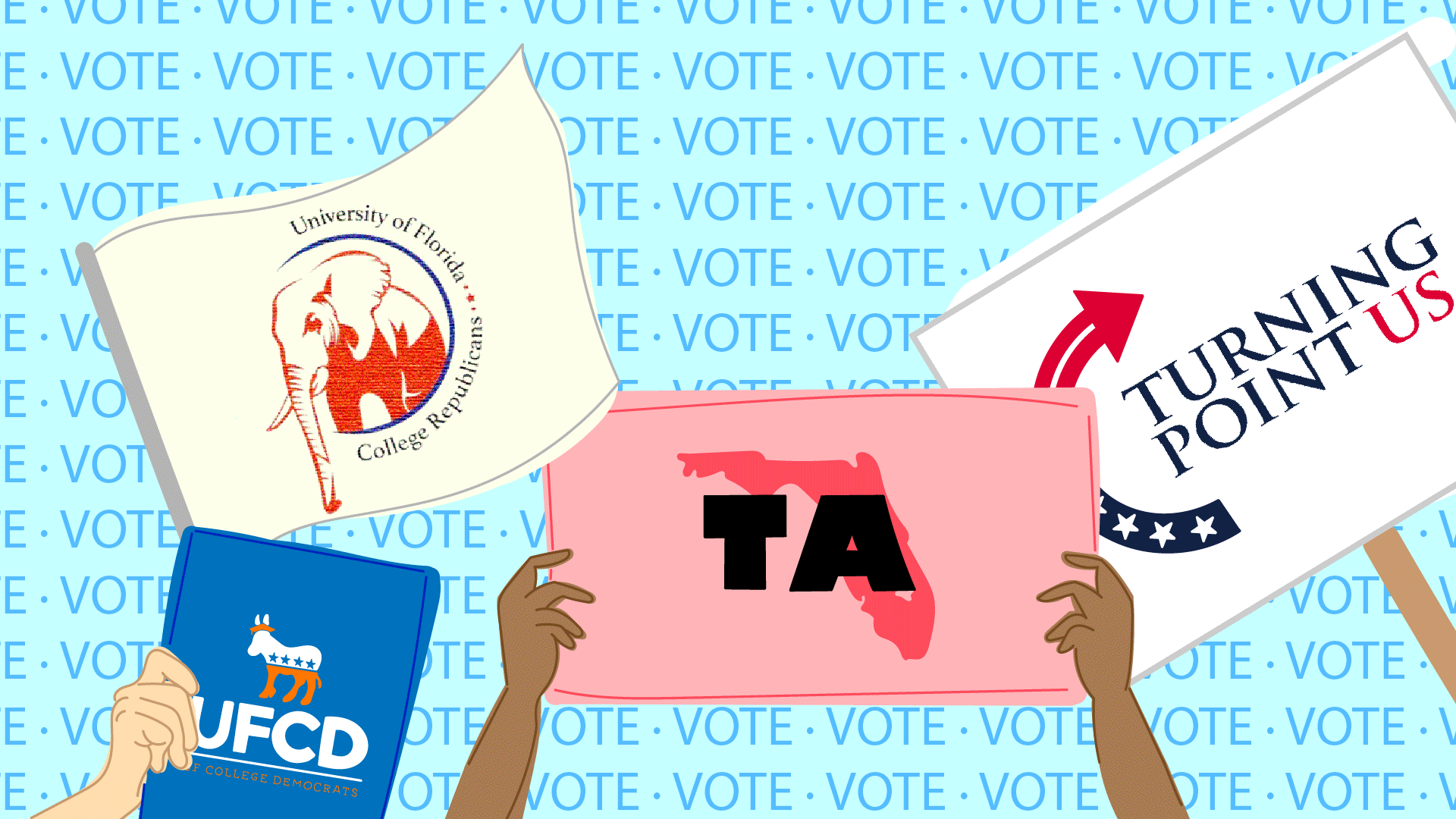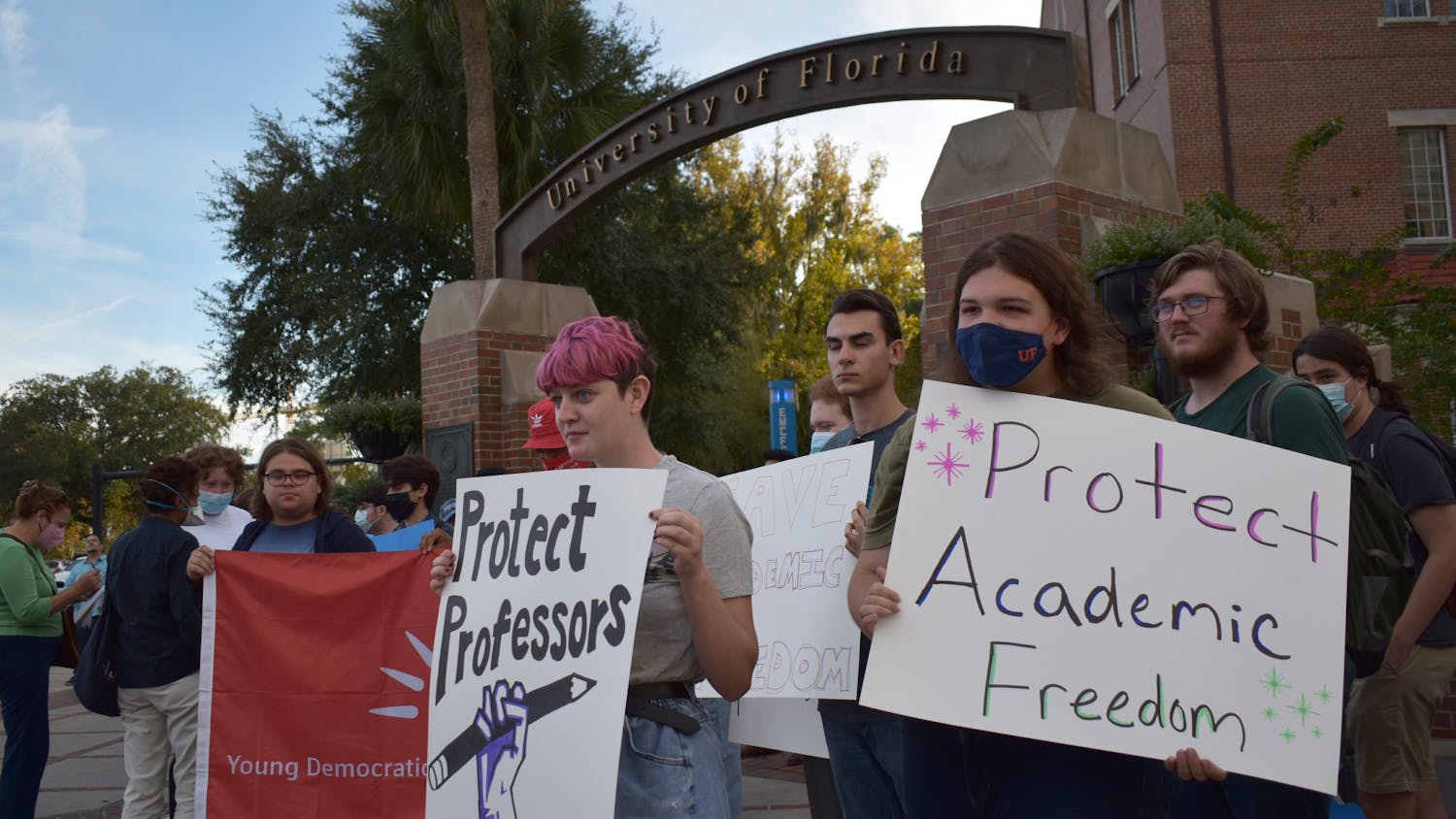Many organizations around campus invited students to participate in events commemorating the attacks of Sept. 11, 2001.
The "9/11: Never Forget Project" on the North Lawn honors each of the fallen with an American flag. The UF College Democrats had a 9/11 Memorial Fund event on the Reitz Union Colonnade.
Tributes such as these can be beneficial in unexpected ways.
Along my walk to class I passed the "Good Deed Mitzvah Marathon" held by the Jewish Student and Community Center on Turlington Plaza, which had me sign a pledge to do a specific good deed in honor of a 9/11 victim.
A theme behind this event and many others around campus is to reinforce the age-old wisdom that, in the words of Martin Luther King Jr., "hate cannot drive out hate, only love can do that."
Anger and sorrow are natural and proper responses to human tragedy, and I'm under no illusion that those responsible shouldn't continue to be brought to justice.
However, it is my belief that ultimately, this still-grieving nation can best honor the dead by drawing upon our better qualities.
Along with a stinging sorrow, thinking upon 9/11 still invokes a shared sense of national pride. These feelings make it easier to see those who live with us as brothers, to whom we have a connection and obligation.
There is so much people can do in their individual lives to make this world better, and events such as the "Good Deed Mitzvah Marathon" are great reminders of what is really important.
Shortly after fulfilling my own pledge in the Marathon, an official associated with UF cut in front of me in a line to hear guest speaker former Supreme Court Justice Sandra Day O'Connor. He hastily proceeded to snatch the last two remaining tickets for very important guests of his who had not bothered waiting in the line. With all the tickets then gone, I was turned away, unable to attend.
When compared to how good it felt to perform the good deed earlier, an action that normally would have enraged me was put into perspective for its actual triviality. To my surprise, I found myself pitying the individuals who had acted selfishly more than I pitied my own bad luck.
Remembering to care for others helps reveal that those who don't have our best interests at heart, or even seek to do us harm, are also our brothers.
As the Cuban poet and freedom icon Jose Marti once wrote, "for the cruel one whose blows break the heart by which I live, Thistle nor thorn do I give: For him, too, I have a white rose."
Both as individuals and as a nation, we are faced with trials, big and small. Perhaps the best way we can help alleviate the problems of this world is by following the example set by students at UF.
They insist we must never forget 9/11, nor should we forget the strong moral consciousness that awoke on that terrible day.
Ford Dwyer is a political science and history junior at UF. He is also the editorial director of the UF College Democrats.





